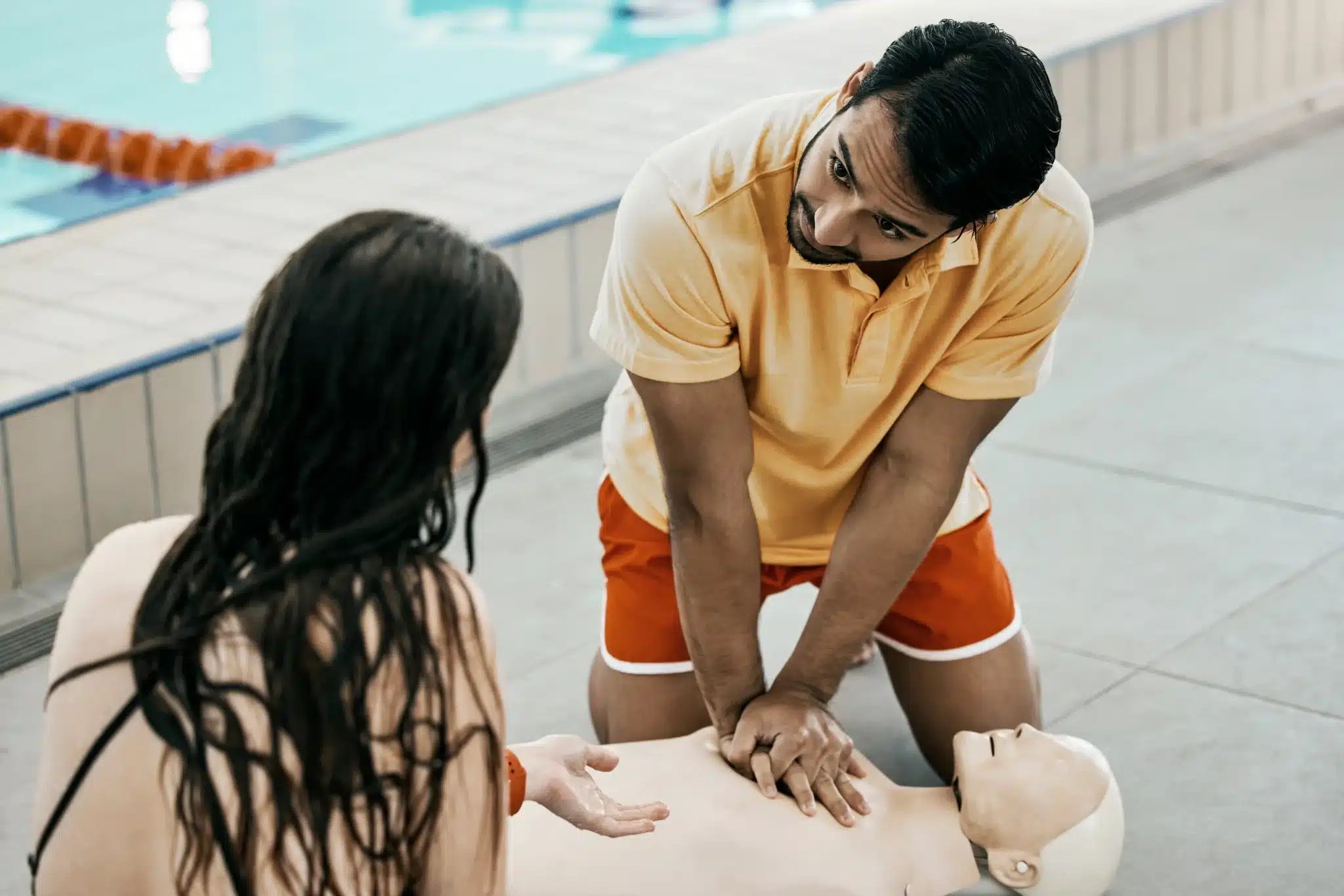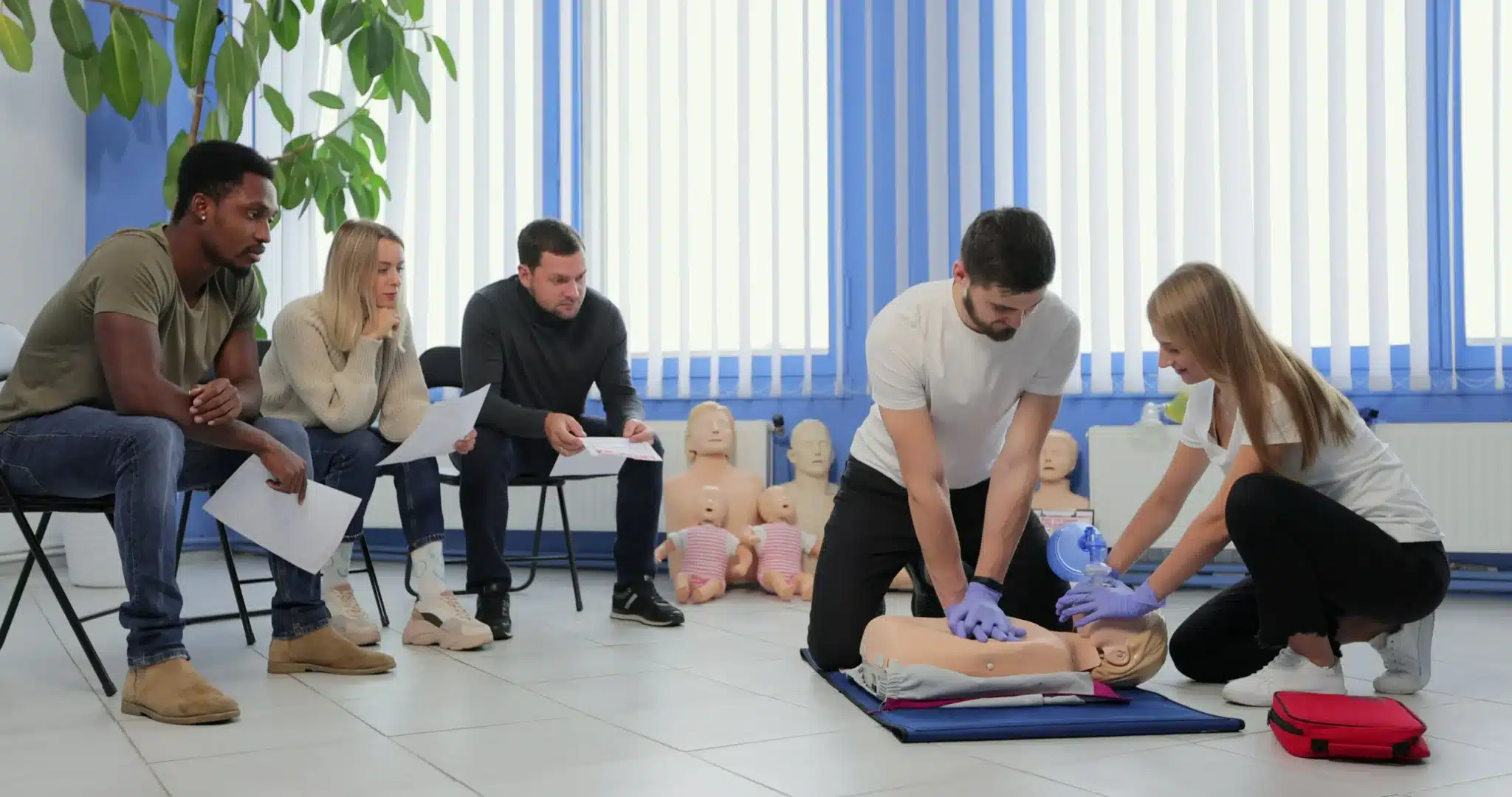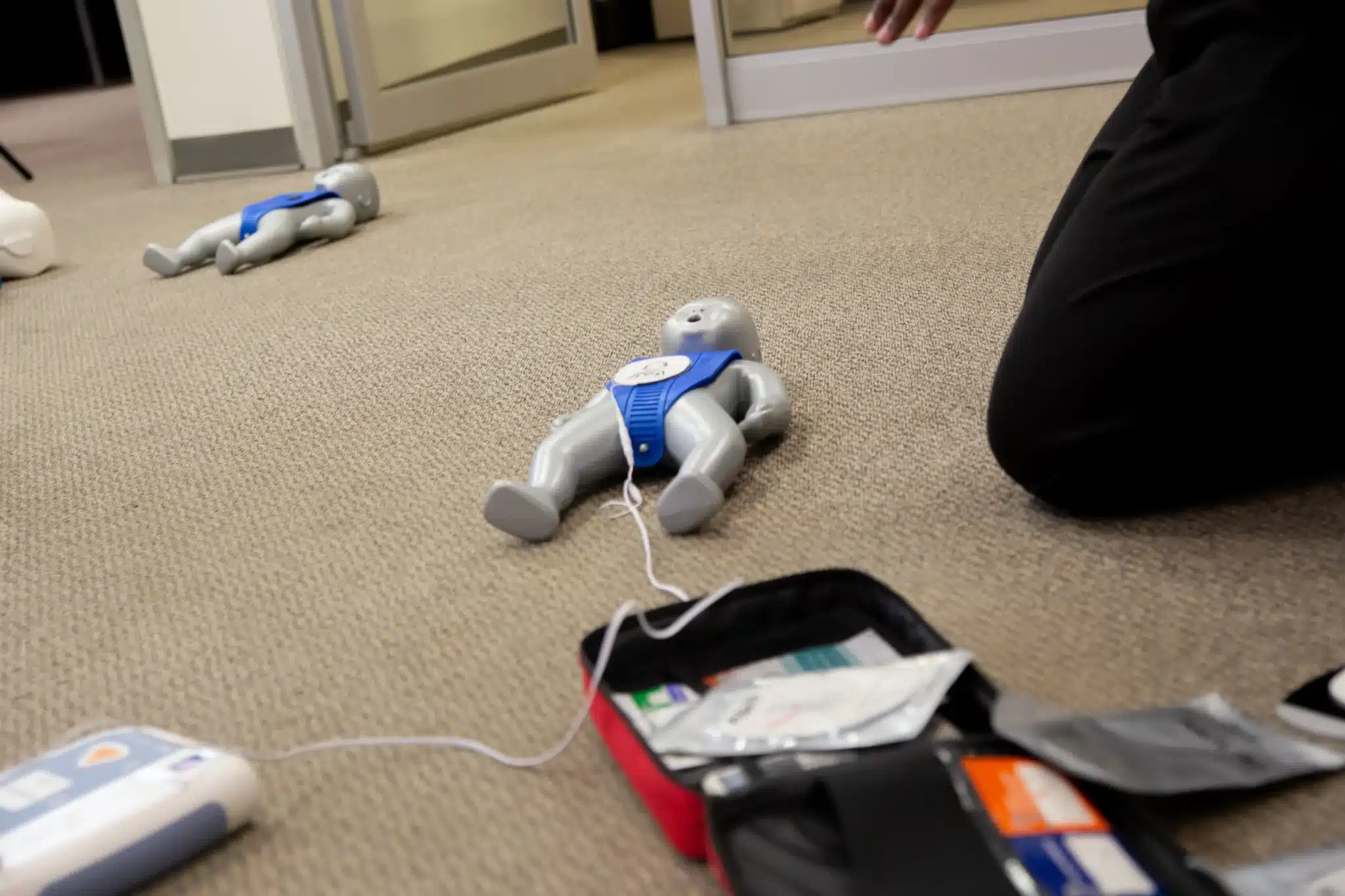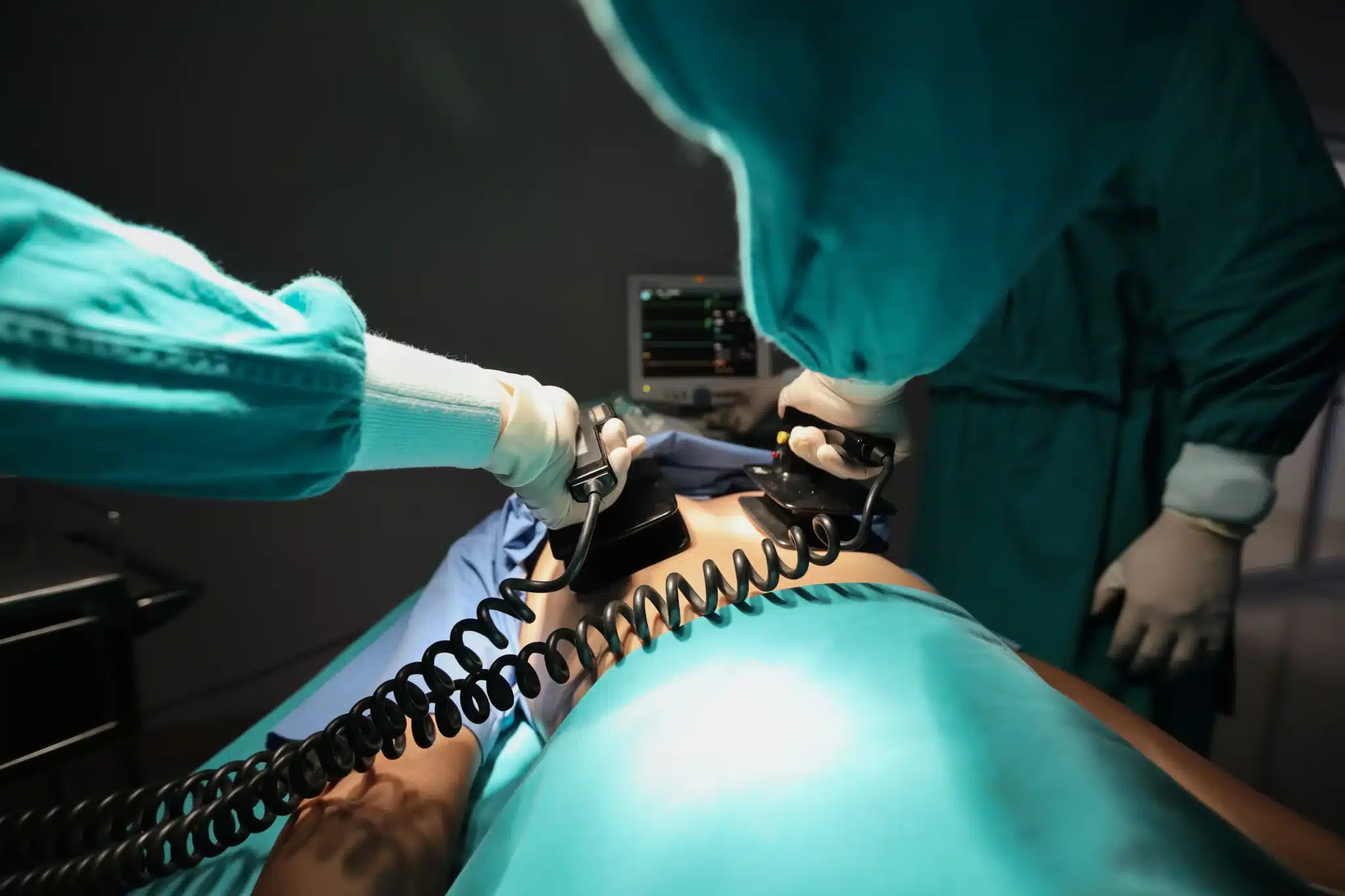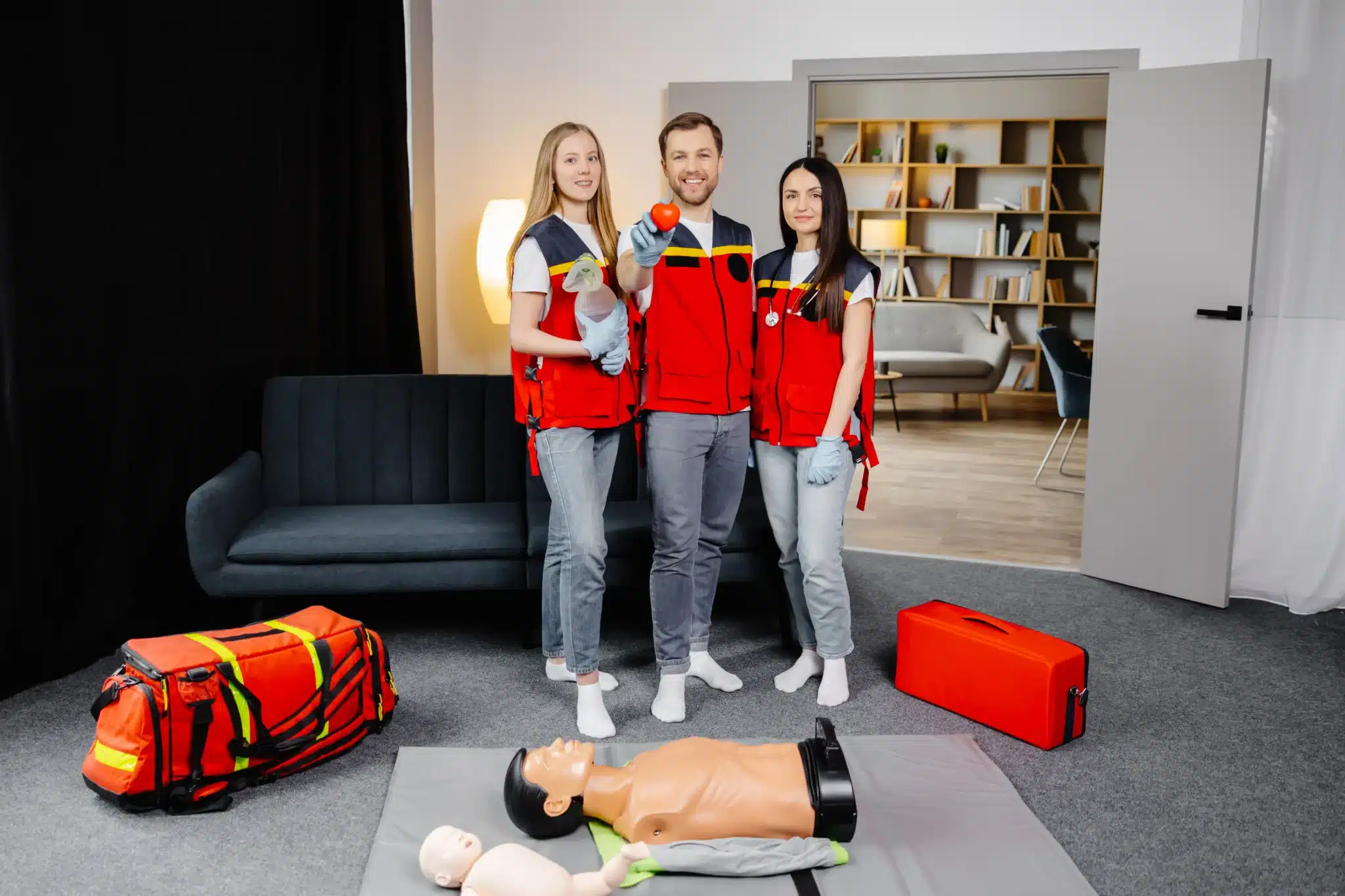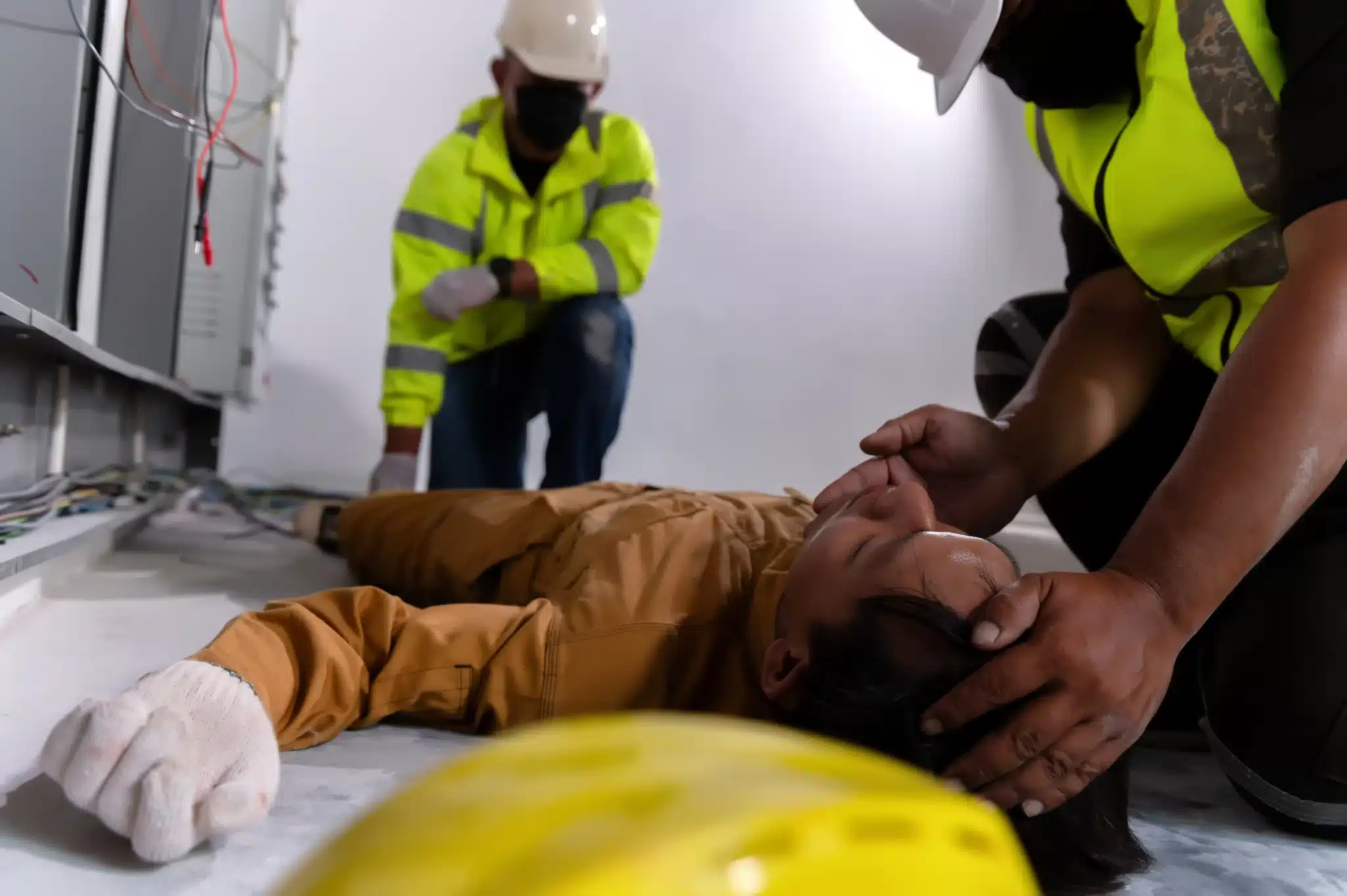Surviving CPR is undeniably a life-altering experience, but it often comes with significant emotional and mental challenges. While much attention is given to physical rehabilitation after resuscitation, the psychological recovery for CPR survivors is equally vital yet frequently overlooked. This post provides a comprehensive guide to understanding the emotional impact of CPR and equips survivors, their families, and medical professionals with actionable strategies to support recovery and growth.
Understanding the Psychological Impact of CPR
Immediate Emotional Responses
A CPR survivor’s initial response often includes fear, confusion, or anxiety. The trauma of a near-death experience can trigger feelings of disbelief and disorientation soon after resuscitation. These emotions aren’t just fleeting; many survivors report feeling emotionally raw during the days that follow.
One of the more acute psychological reactions to surviving CPR is Acute Stress Disorder (ASD). Despite being temporary, ASD symptoms such as flashbacks, intrusive thoughts, and exaggerated startle responses can disrupt daily life. Survivors often grapple with hypervigilance, finding it difficult to relax or trust their body’s recovery.
Long-Term Effects on Mental Health
The emotional impact of surviving CPR doesn’t always vanish after the physical wounds heal. Research shows that many survivors experience prolonged mental health challenges, including:
- Post-Traumatic Stress Disorder (PTSD): Symptoms include vivid flashbacks, nightmares, and feelings of distress when reminded of the event. Studies report PTSD rates ranging from 19% to 27% in cardiac arrest survivors.
- Depression: Feelings of hopelessness, loss of interest, and persistent sadness affect 14% to 45% of CPR survivors.
- Survivor’s Guilt: Many survivors question why they lived while others may not have, leading to guilt and difficulty finding peace.
Reflecting on mortality or questioning one’s purpose often becomes a natural part of this recovery phase. Survivors may reevaluate their life choices, values, or relationships and experience a shift in priorities. This process, while painful, can also hold the promise of personal growth when paired with the right support systems.
Coping Strategies for Survivors and Families
Healing doesn’t happen overnight. Survivors and their families must take proactive steps to address emotional vulnerabilities. Here are strategies to aid psychological recovery for CPR survivors.
Mindfulness-Based Techniques
Mindfulness practices help manage stress and reduce feelings of overwhelm. Grounding activities such as yoga, journaling, or meditation teach survivors to focus on the present moment.
Actionable Exercise
Try this simple breathing technique at home:
- Sit somewhere quiet and take deep breaths—inhale for four counts, hold for four counts, and exhale for six.
- Focus on how your body responds to this rhythm for five minutes.
Regular practice of these moments of mindfulness can ease anxiety, create calm, and enhance emotional resilience.
Support Networks
Recovering emotionally isn’t a solitary process. Friends, family, and organized groups play a crucial role in psychological healing.
- Lean on loved ones to share feelings and foster understanding.
- Join survivor-specific communities like those hosted by the American Heart Association, where survivors share their stories, inspire others, and access resources.
Support groups aren’t only about connection but also education—offering insights into what survivors may expect emotionally as they move forward.
Lifestyle Adjustments
Living a healthier lifestyle is another integral part of emotional recovery. Establishing sustainable routines can bring a sense of normalcy back into survivors’ lives.
Encourage practices such as:
- Physical Activity: A brisk walk or light yoga class can reduce anxiety and release endorphins—a natural mood booster.
- Balanced Nutrition: Proper nourishment aids both mental and physical recovery by regulating energy levels and improving brain health.
- Quality Sleep: Restful sleep is essential for emotional regulation and physical repair.
Seeking Professional Help
Even strong support networks and healthy routines may not be enough to heal deep emotional wounds. Therapists specializing in trauma recovery provide invaluable tools to survivors.
Popular therapeutic options include:
- Cognitive Behavioral Therapy (CBT): Useful for reframing negative thought patterns and developing coping mechanisms.
- Eye Movement Desensitization and Reprocessing (EMDR): Particularly effective for PTSD, this technique helps reprocess distressing memories to reduce emotional charges.
When selecting a mental health professional, look for individuals experienced in trauma or medical crises. Encourage survivors to consult providers who use proven, evidence-based approaches.
Why Psychological Recovery is Essential
The mind and body are deeply interconnected. Focusing on emotional well-being positively impacts physical health, as reducing mental stress can aid bodily healing and improve cardiovascular recovery outcomes.
A post-resuscitation recovery plan becomes incomplete without addressing the survivor’s emotional trauma. Emotional distress, if ignored, can increase stress hormones, disrupt bodily functions, and hinder long-term recovery. Prioritizing holistic care ensures survivors rebuild confidence, resilience, and well-being—essential drivers for fully reclaiming their lives.
Empowering survivors also sends a critical reminder to healthcare systems to focus not just on the moment of resuscitation, but on the holistic care that follows.
Take Meaningful Action
Interested in becoming a life-saver yourself? Consider gaining CPR certification through American Heart Association’s (AHA) trusted courses like CPR and First Aid, BLS (Basic Life Support), PALS (Pediatric Advanced Life Support), or ACLS (Advanced Cardiac Life Support). Not only does this equip you with essential life-saving skills, but knowing that our communities consist of CPR-trained individuals offers peace of mind to all.
For healthcare organizations, make sure your teams stay updated on CPR protocols to save not only lives but to better manage the post-event trauma survivors may face.
A Roadmap to Recovery
Recovering from the psychological impact of surviving CPR is challenging but achievable. It involves acknowledging emotions, trying proactive strategies, and seeking appropriate professional help. Each step forward represents a milestone toward reclaiming balance and peace.
Survivors remind us of the incredible strength and resilience of the human spirit. The road ahead may seem daunting, but small, consistent steps make a difference. Remember—emotional recovery is a journey, not a destination.
If you know someone who could benefit from this guide, please share it with them. And if you’re inspired to ensure the safety and well-being of your community, consider exploring available CPR training sessions that empower you to make a life-saving difference.

